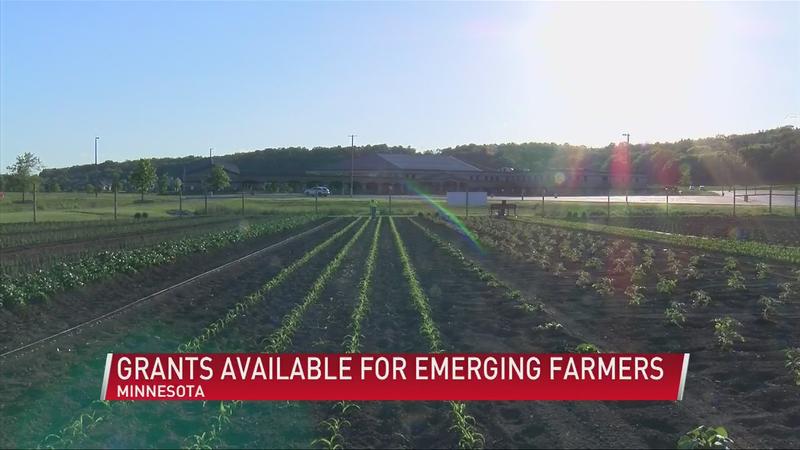Money available for aspiring Minnesota farmers
(ABC 6 News) – Minnesota ranks fifth in the nation in terms of agricultural production, according to the Minnesota Department of Agriculture, and one program is hoping to diversify our farmers.
This new program, which passed the state’s gridlocked legislature this session, hopes to help aspiring farmers who have never owned farmland before, get started.
According to the Hmong American Farmers Association, historically in Minnesota, Hmong farmers have had to pay hundreds of dollars more per acre of rented land than their white counterparts.
"Land access is critical," said Janssen Hang, the Executive Director of the Hmong American Farmers Association.
"Land is insanely priced and it’s not distributed equitably," added Danielle Piraino, the farm site manager at Sharing Our Roots, an organization focused on increasing access to farmland.

A bill, sponsored by Southeast Minnesota Senator Gene Dornink (R-Brownsdale), offers emerging farmers down payment help in the form of $15,000 grants.
"With inflation and farmland prices, will $15,000 have a substantial impact? That’s the question, right?" Hang said of the grant program.
Hang is a part of Minnesota’s emerging farmers working group that helped with the bill and says the goal is to allow underrepresented and BIPOC farmers to own land – something that is difficult for new farmers with no family wealth or inherited farmland.
"And it’s that asset that no one can ever take away from you. People can take food. People can take money. People can take the land. But it’s that knowledge that you have that no one can ever take away from you," Hang said.
Renting farmers have even less control over what they plant, and when.
Farmers say it’s hard to plant profitable crops when on an annual lease. Anything that grows for longer than one year, like asparagus or peonies, is not an option.
"Even just breaking into, you know, renting land from someone can be difficult for anyone. But it’s exceptionally difficult for new Americans," Piraino said.
Many of which, Piraino said, have jobs outside farming to afford living costs.
Applicants must reside in Minnesota and intend to buy land within the state. They have to make under $250,000 per year from farm products, and they have to be able to match the $15,000 grant.

